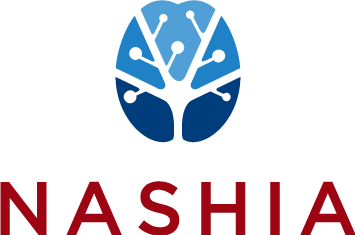Collaboration Across Systems: Making the Most Out of Partnerships
Increasingly, the challenges of serving and supporting individuals with brain injury call for a multipurpose approach. Collaboration across and among service systems helps to achieve the best outcomes for people. The idea of collaboration seems easy but understanding the key elements of effective collaboration and how to apply them takes work and time but results in better success long term. This webinar will focus on why effective collaboration is so important, highlight how shared goals, strong communication, and building capacity fuel effective collaboration, and showcase the successes in NASHIA member states stemming from effective collaboration.
Presenter:
Teja Stokes is the Director of Contracts & Strategic Partnerships for the National Association of State Directors of Developmental Disabilities Services (NASDDDS). In this role, she provides a broad range of technical assistance to states on issues related to Medicaid structure and quality, organizational success strategies, and effective service modalities. Before joining NASDDDS, Ms. Stokes served as a Director in the Government Health and Human Services division at IBM Watson Health. Ms. Stokes has more than 25 years of experience in home and community-based services (HCBS) program development, implementation, quality, and policy. She has held various positions within Virginia state government, where she supported Medicaid policy development, community-based behavioral health services, and provision of developmental disabilities services. She has more than 25 years of experience in change management, including quality improvement, process mapping, strategic planning, process improvement, and group facilitation.
